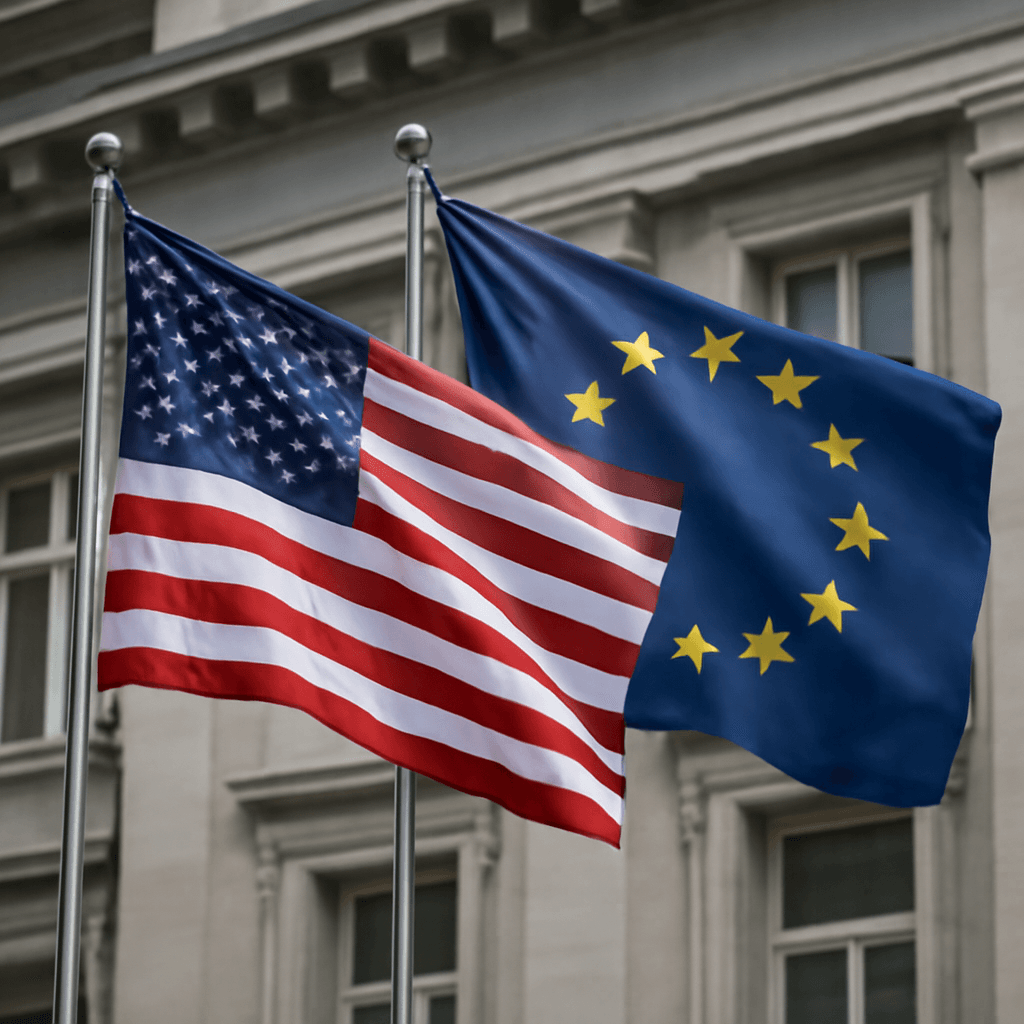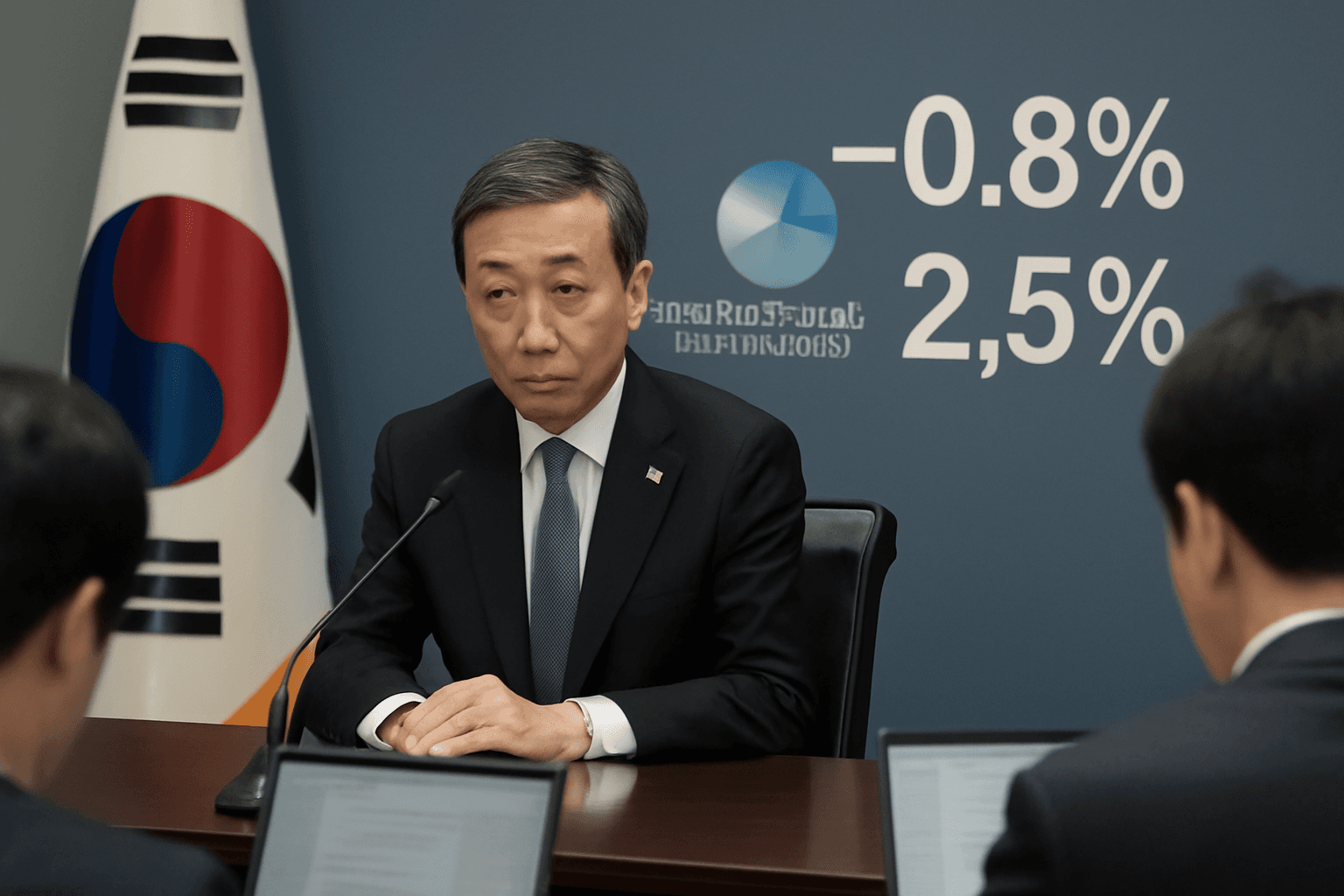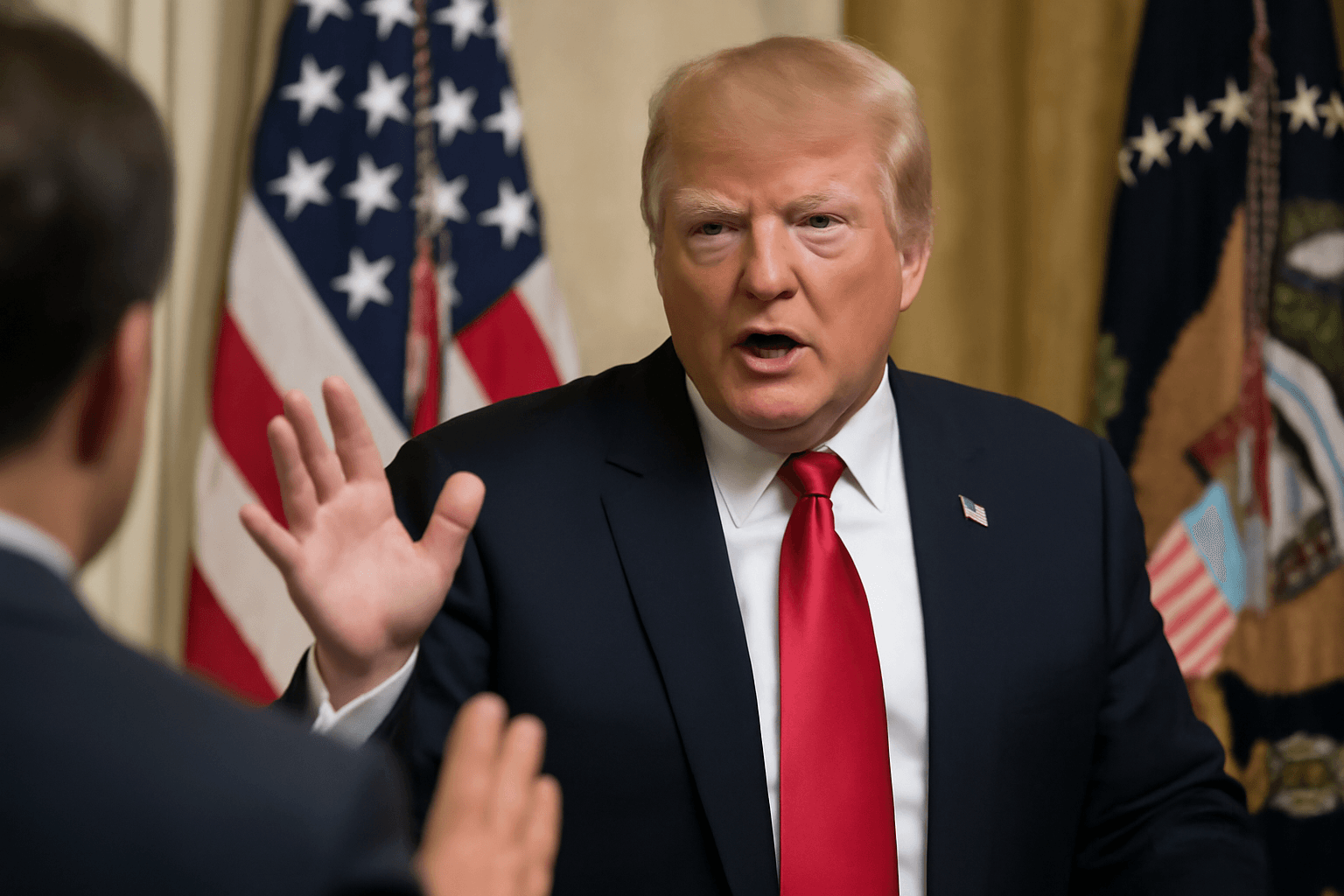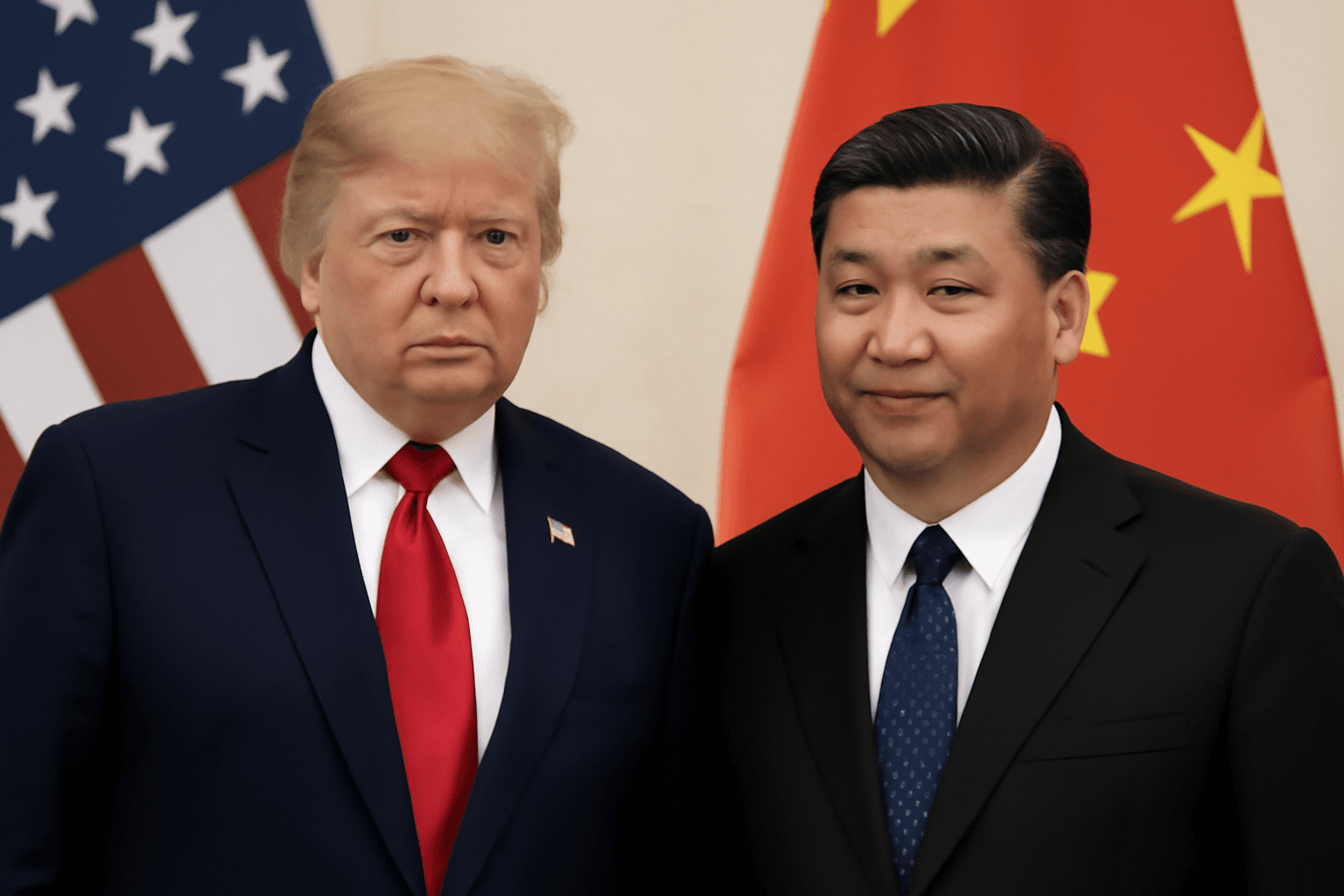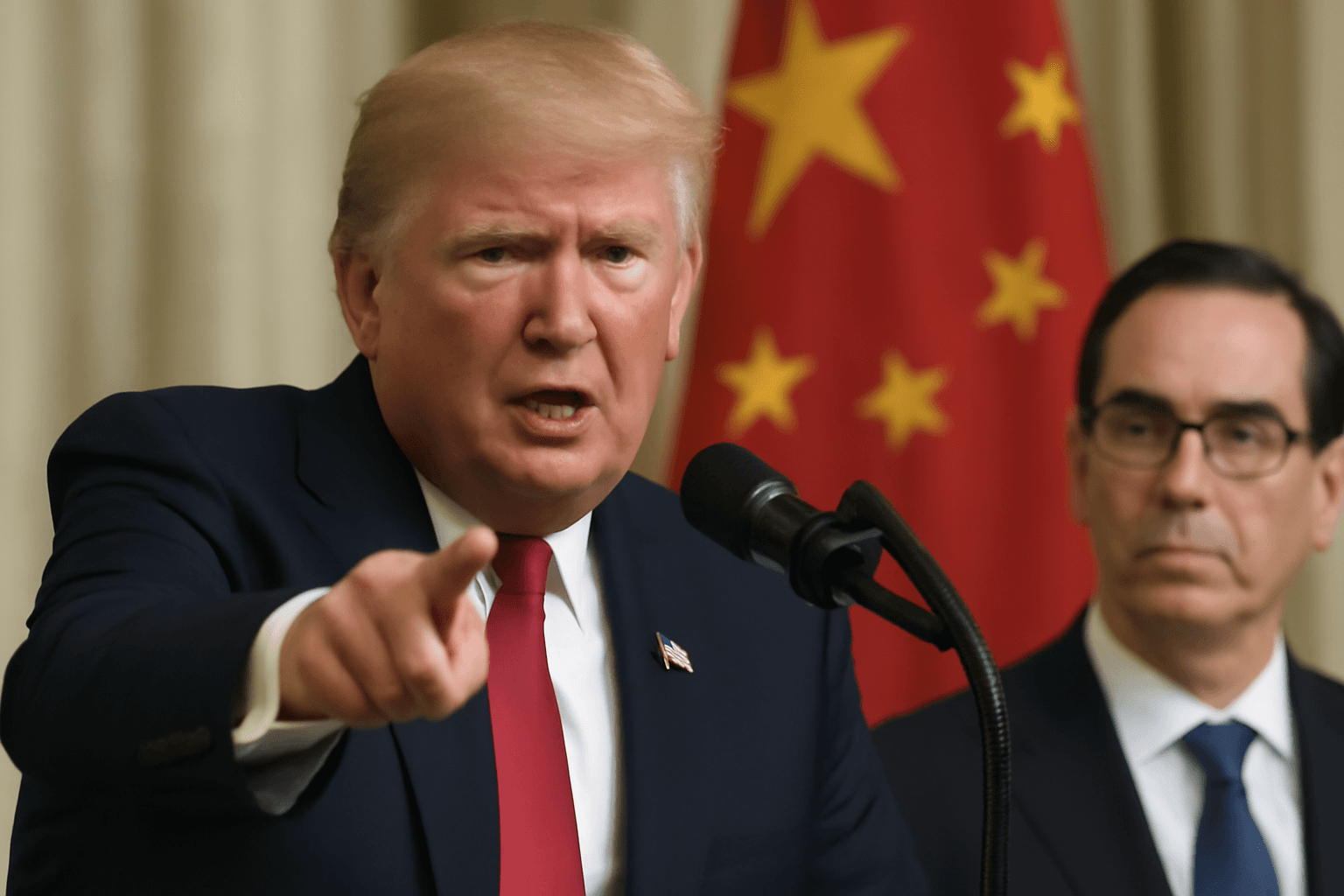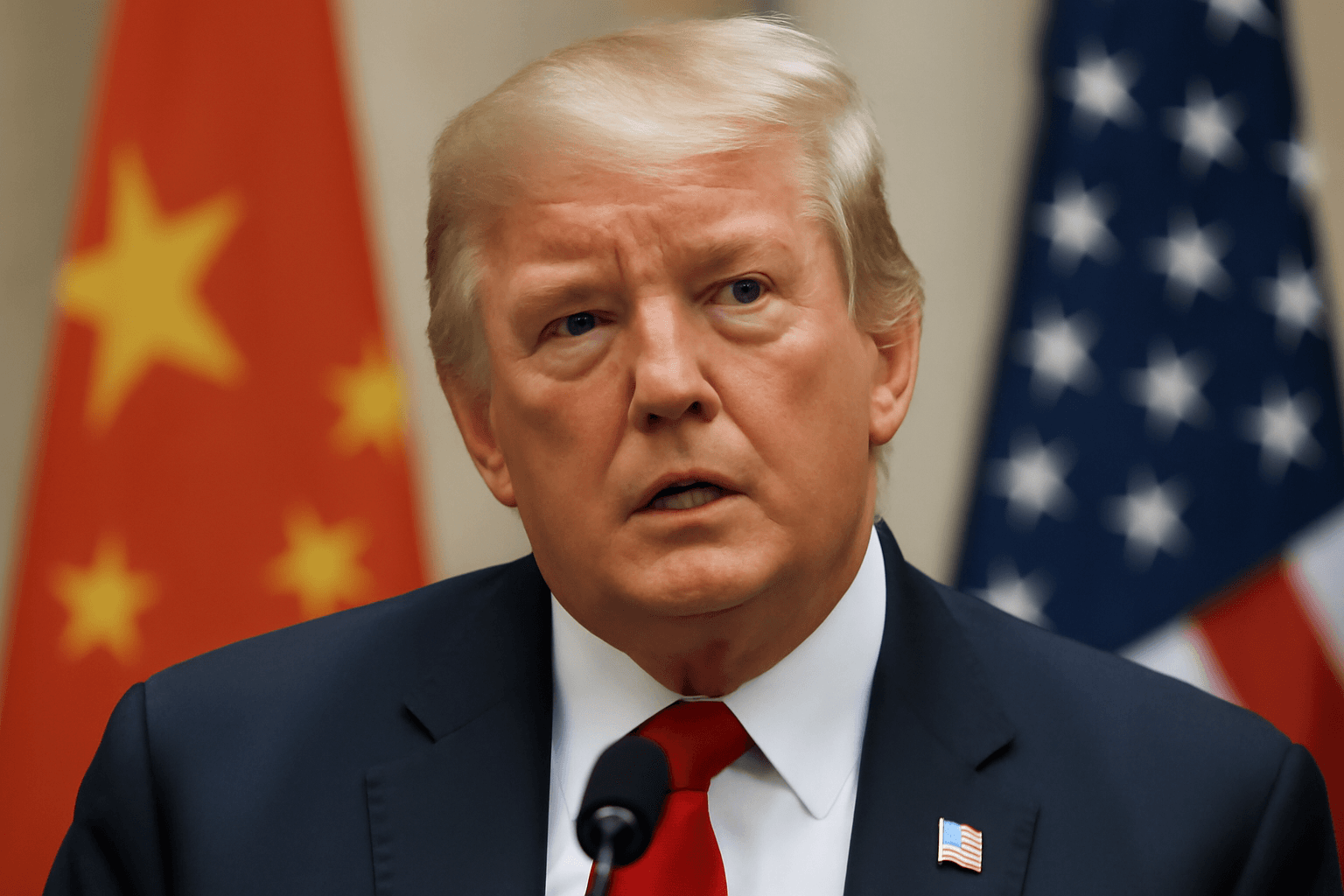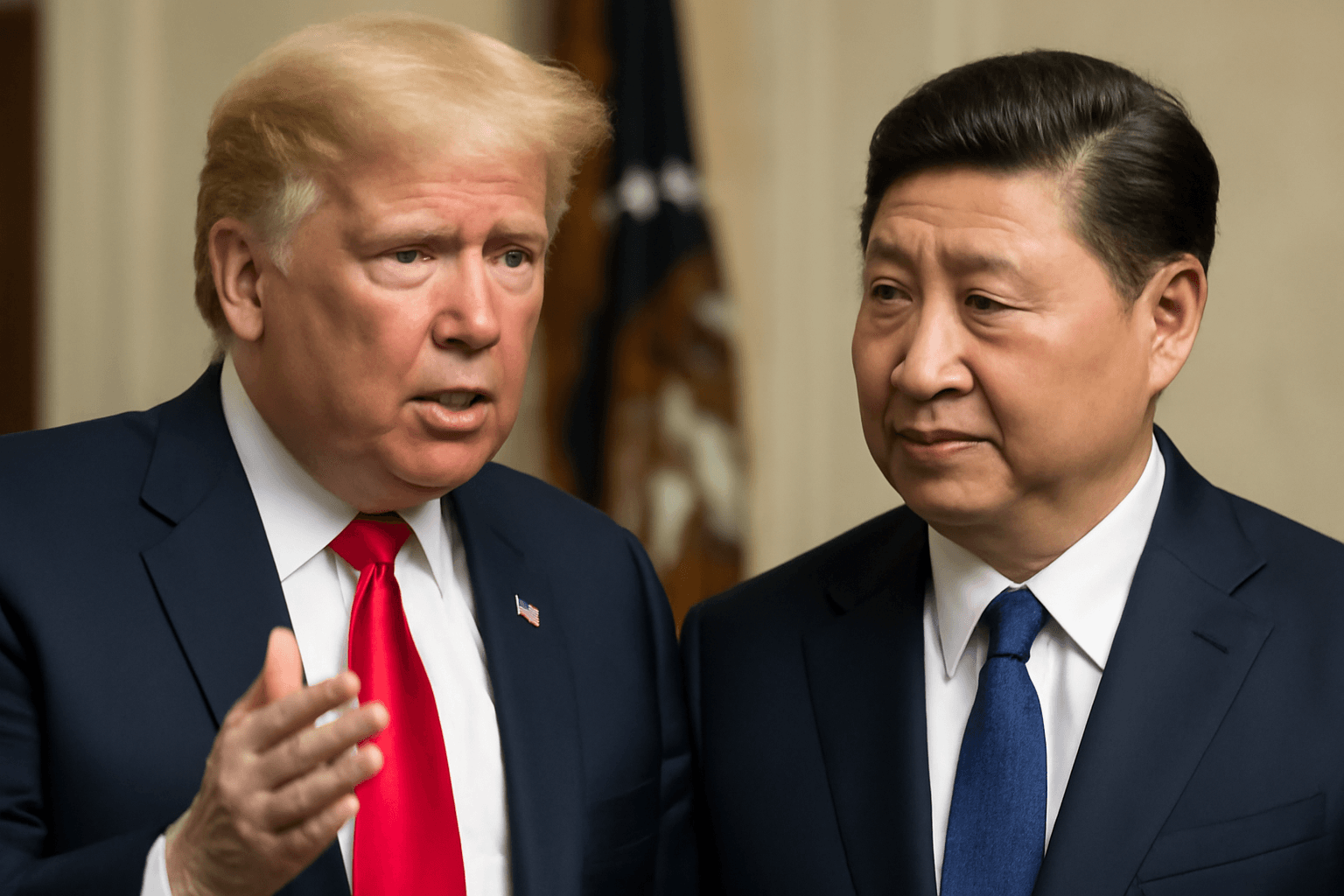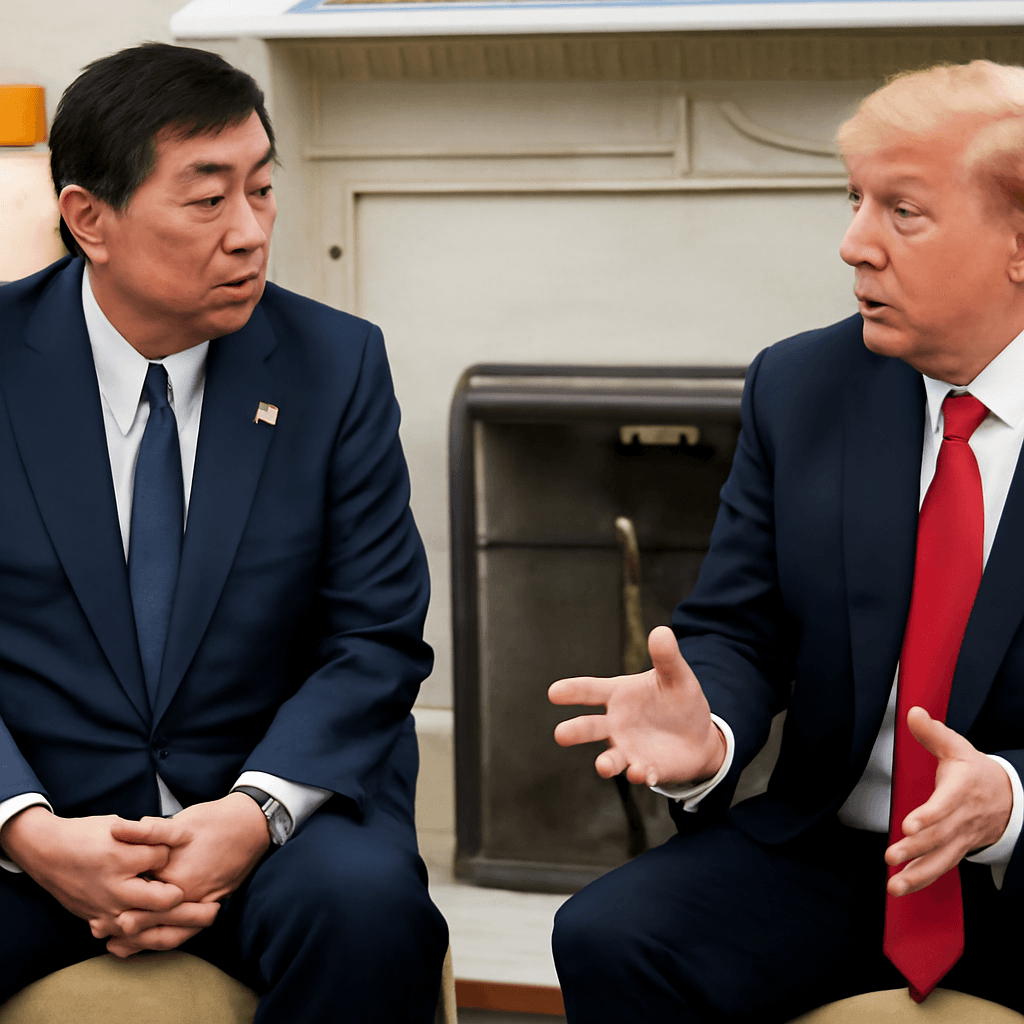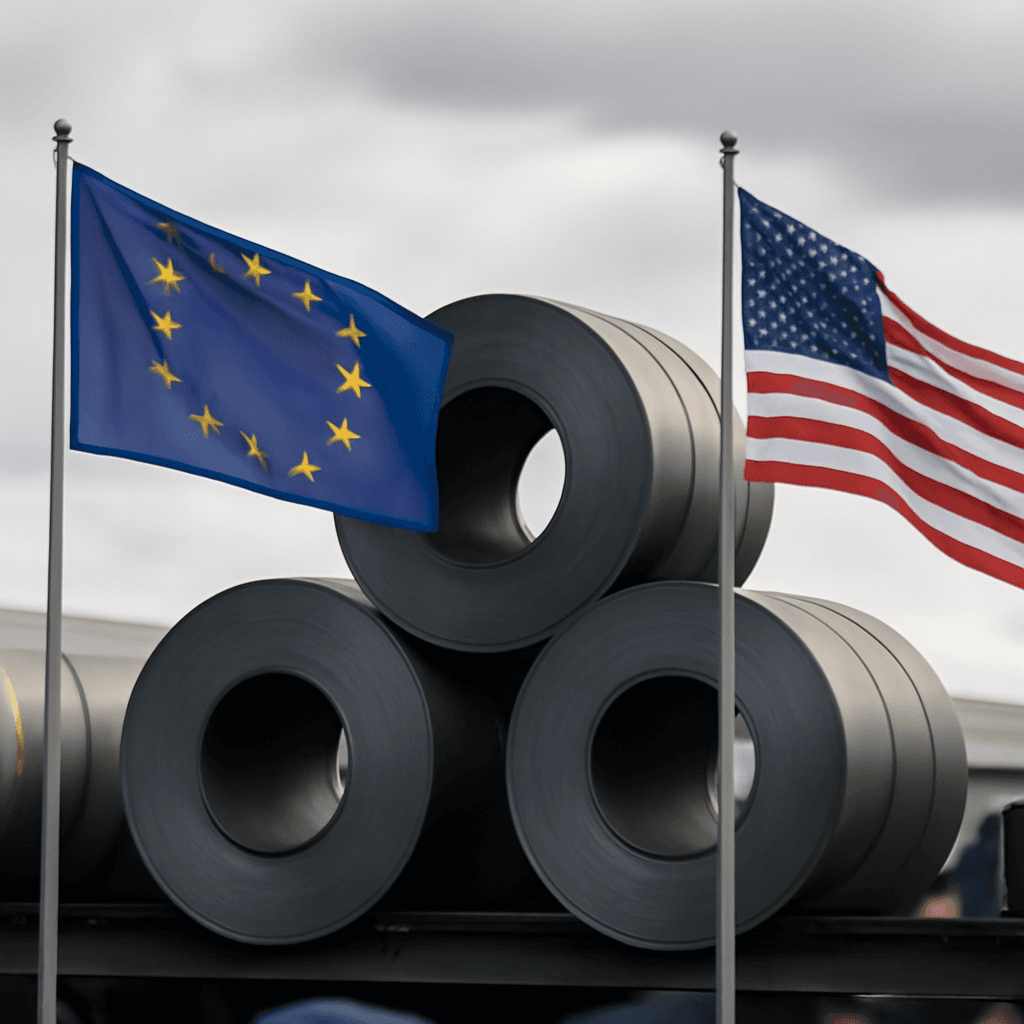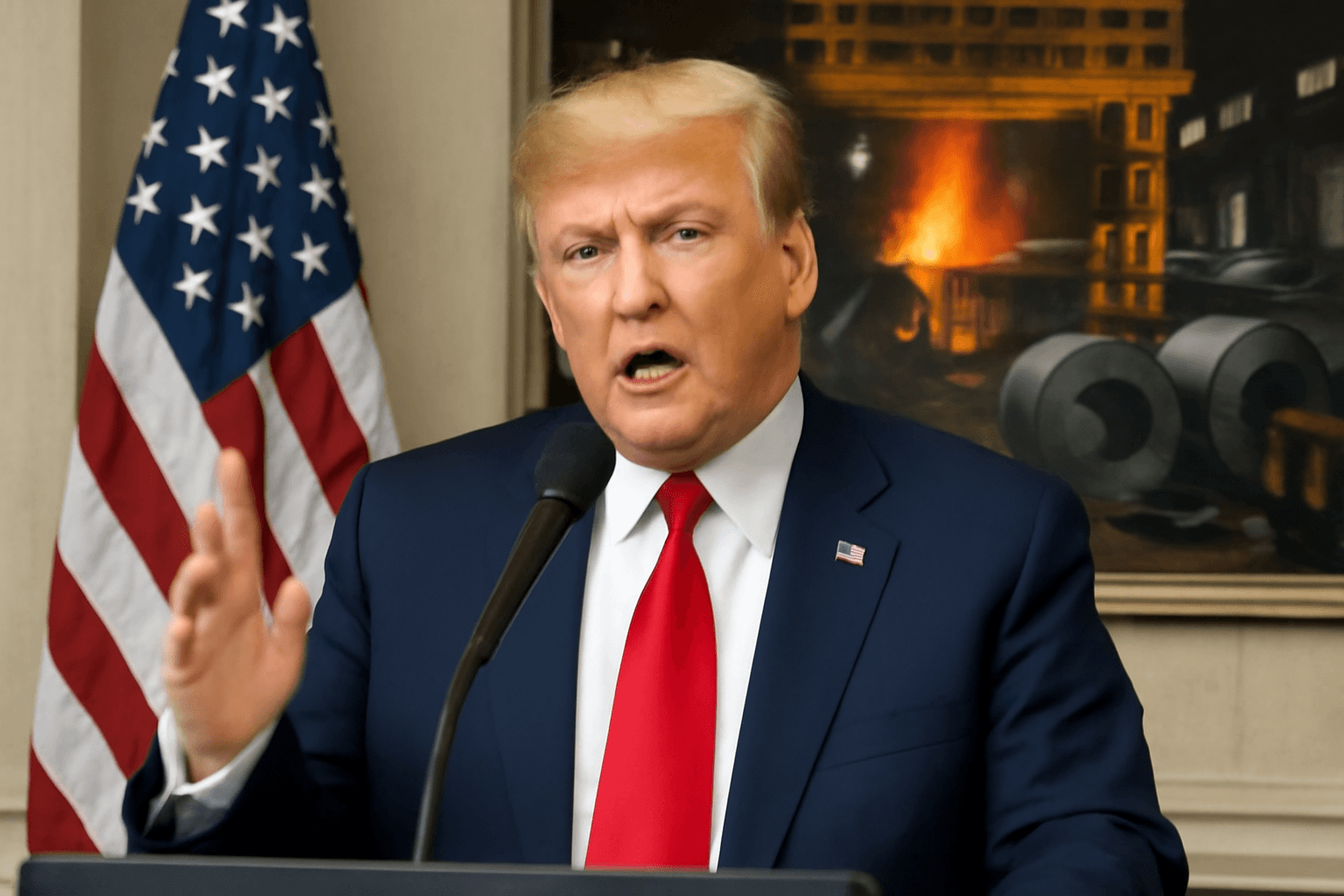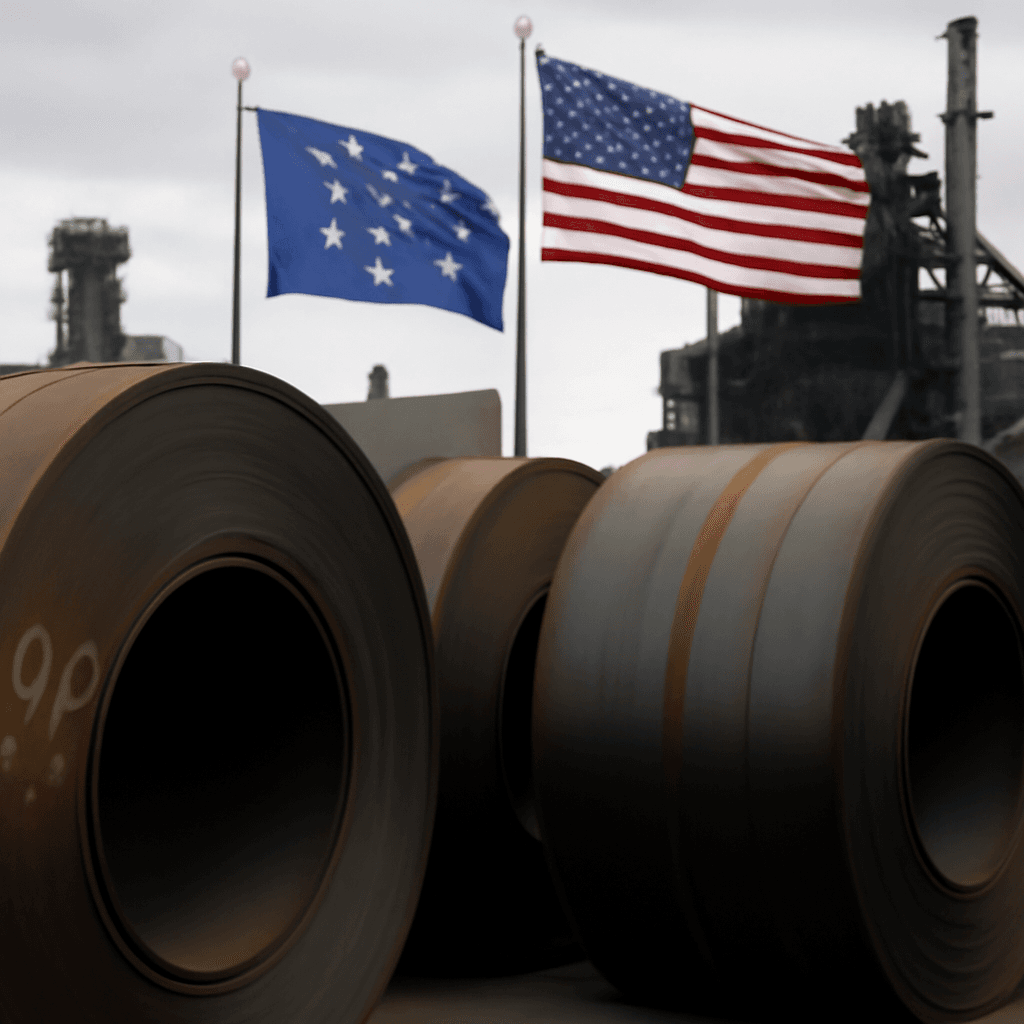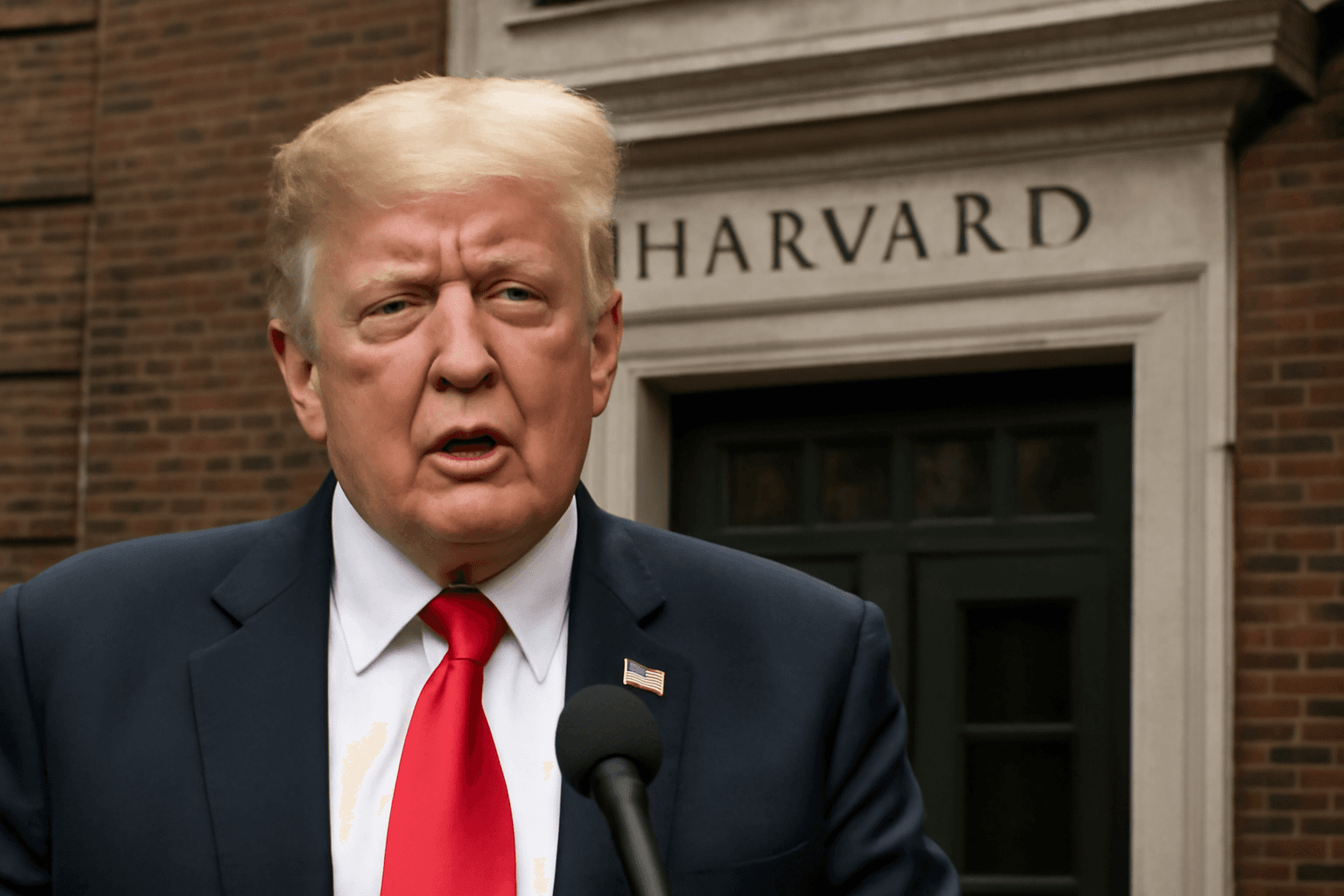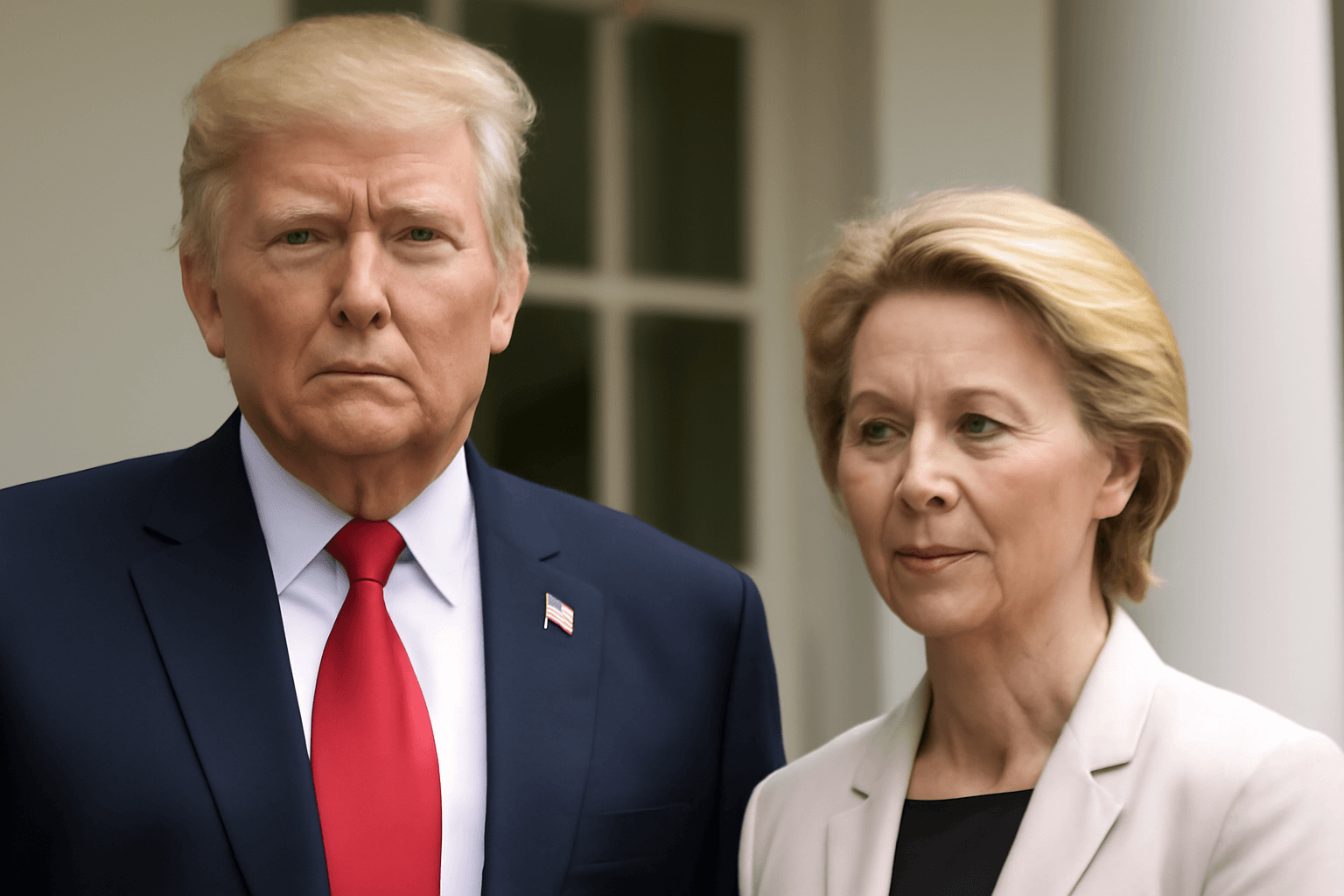EU Prepares Retaliatory Measures Following US Tariff Increase
The European Commission has signaled readiness to impose countermeasures in response to the United States’ decision to raise tariffs on imported steel and aluminum from 25% to 50%. This increase, announced by President Donald Trump near Pittsburgh, is scheduled to take effect on June 4, 2025.
The tariff hike is a component of a broader $14.9 billion plan touted to protect domestic jobs. President Trump later clarified that both steel and aluminum imports would face the elevated tariff rates.
EU Condemns the Hike as a Barrier to Negotiations
The European Union strongly condemned the tariff escalation, emphasizing that it undermines ongoing diplomatic efforts. A European Commission spokesperson stated the decision contributes to uncertainty in the global economy and will raise costs for consumers and businesses across the Atlantic.
Previously, the EU had paused retaliatory actions to allow for continued negotiations. However, with this escalation, preparations for expanded countermeasures are now underway. The Commission warned that if a mutually acceptable resolution is not achieved, existing and additional EU measures will activate automatically on July 14, 2025, or sooner if needed.
Strong Global Opposition to US Tariff Hike
The decision has elicited sharp criticism from key US trade partners:
- Canada: The Canadian Chamber of Commerce described the tariff increase as “antithetical to North American economic security,” warning of significant disruptions to integrated steel and aluminum supply chains.
- The Canadian United Steelworkers union condemned the move as a direct strike against Canadian industries and workers.
- Australia: Trade Minister Don Farrell labeled the tariffs as “unjustified and not the act of a friend,” emphasizing the strain the measure places on allied relations.
The United States remains the world’s largest steel importer outside the EU, having imported 26.2 million tons of steel in 2024. Experts caution that these higher tariffs are likely to increase domestic steel and aluminum prices, escalating manufacturing and consumer costs.
Implications for Global Trade
This escalation in protectionist trade policies introduces increased volatility to international markets. It threatens to complicate transatlantic trade relations and challenge the stability of global supply chains.
The EU’s willingness to activate retaliatory measures reflects the seriousness with which it views the tariff hike’s impact on economic partnership and market stability.

